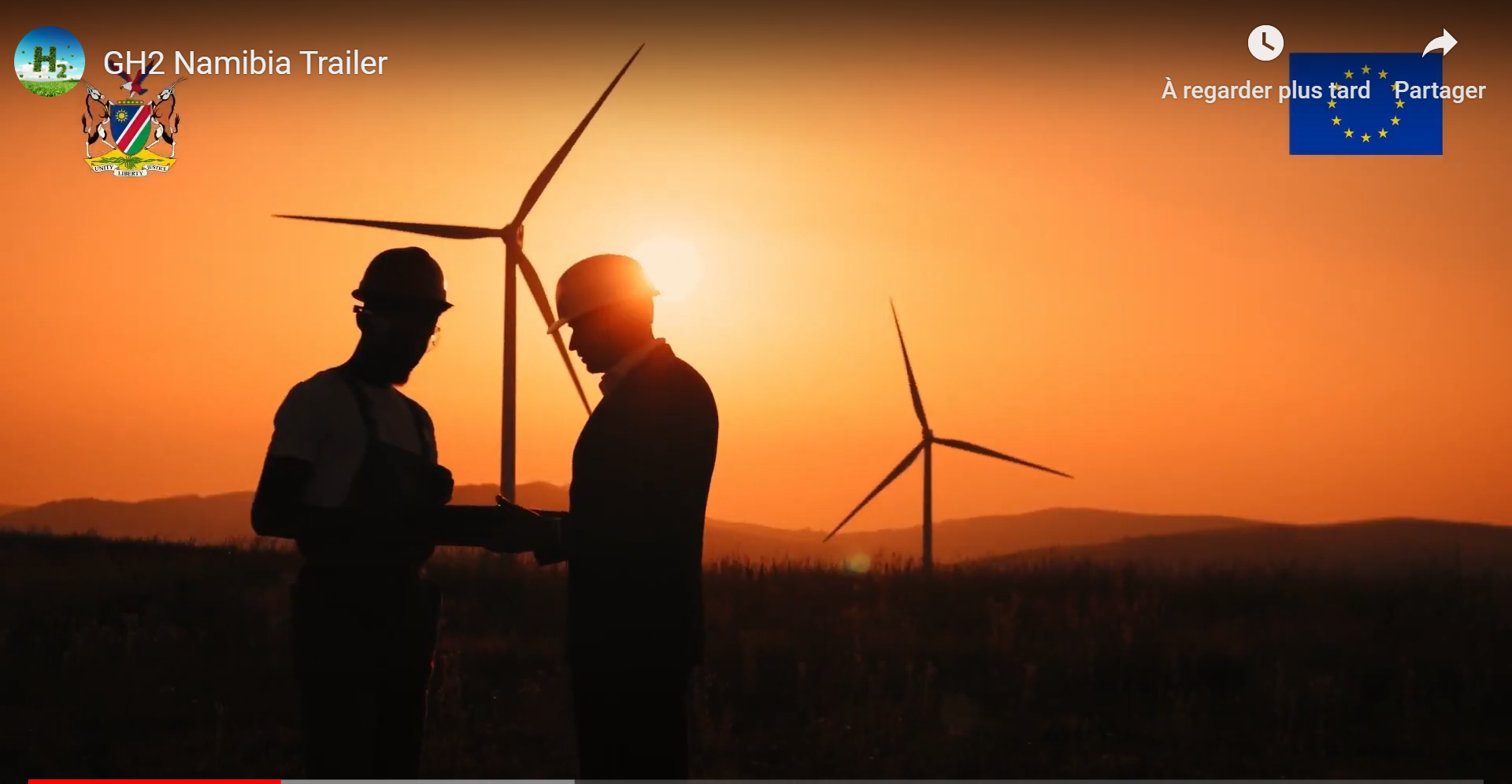In the recent years, interest in Namibia’s offshore prospects have attracted many foreign companies including Exxon Mobil, following discoveries in neighboring South Africa as well as Brazil and Guyana, which share geological similarities.
The major gas projects announced by Total Energies, Shell among others and the induced projects (LNG, Gas to Power, Chemistry etc.).
The country which should become a Major Gas producer, currently only has experience in exploration, with a very limited oil & gas industry (suppliers of products & services) which could be quickly developed, relying on the existing mining industry (manganese, uranium, diamond and gold). Mining activity can not only serve as an accelerator for the establishment of skills in the oil sector, it can also guarantee the long-term sustainability of the Center.
With some ten years of offshore block exploration, the International Companies (IOC) have just revealed and confirmed some of the world’s largest offshore oil and gas reserves. The Front-End Engineering of the Venus field for Total Energies and of the Windhoek project for Shell) should start in less than a year. Namibia intends to leverage advantage of this windfall to continue its industrialization, beginning with major projects from diamond, gold, uranium, manganese and rare earth projects.
The country is also aiming to become a continent leader in Renewable Energy and Green Hydrogen production and export. See video : https://gh2namibia.com
Despite its small population (2.6 million people) the country has a significant technical education system, based on the Technical University and the international model of TVET (Technical Vocational & Education Training).
The oil and mining fields require similar skills (HSE, mechanics, electricity, civil engineering, geosciences, drilling, etc.).
The protection of the environment is a major challenge of some mining fields in Africa, particularly concerning gold mines, whether they are artisanal or even large managed by international companies. This is true for Namibia too with deterioration of the environment in some gold mining fields. It is in this context that the need was identified for a study on the skills needed, driving to the specification and feasibility of an Oil & Gas Training Center, serving the Mining fields’ needs as well, the subject of our proposal.
With a view to the long-term development of the Training Center, and therefore to ensure its attractiveness and quality in a sustainable way, it is desirable to anchor the center in the vast ongoing international movement of energy transition.
It is therefore important to give training on technical “energy” culture in the broad sense, which makes the trainees capable of working, not only in the fields of hydrocarbons and mining, of course, their core businesses, but also in all the themes of industrial energy: energy efficiency in industry, CCUS, hydrogen, renewables, energy transport and storage.

